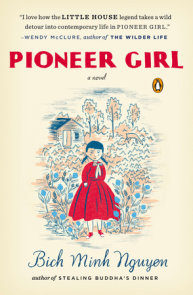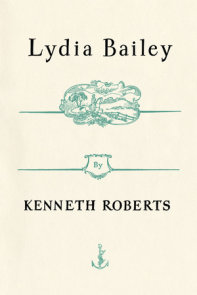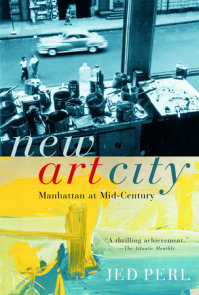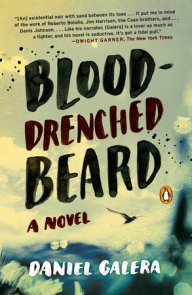READERS GUIDE
Questions and Topics for Discussion
INTRODUCTION
Duong Thu Huong’s epic novel is a heart–breaking exploration of the heights and depths of the human soul as expressed through the tumultuous political history of Vietnam in the 1950s and 1960s. Following three separate but related narrative streams, Duong offers a penetrating insight into the personal and moral struggles of both the leaders and common citizens of a country embroiled in war.
The first narrative concentrates on the aging President Ho Chi Minh, leader of the Vietnamese Nationalist Movement and considered the venerated father of modern Vietnam. The president is living the final period of his life as a virtual prisoner at a Buddhist monastery overlooking a small rural village, having been banished by his political subordinates, ostensibly to protect his failing health. Watched over day and night by doctors and guards, he has nothing but the excruciating memories of a revolutionary betrayed by his own comrades. The President wrestles with the ghosts of his past, including his young beautiful wife, assassinated by party members, and the son he will never know. The leader’s only remaining ally and friend is Vu, a political official also devastated by the failure of the ideals of the Revolution.
In the Woodcutters’ hamlet below the president’s confinement quarters, readers are introduced to a concurrent story that concerns the events leading up to the death of a village elder. Mr. Quang, the wealthiest and most generous village resident, has been killed by Quy, his eldest son. After the death of his first wife, Mr. Quang brings home a beautiful and very young bride who threatens Quy’s dreams of inheritance. Again we witness the inevitable betrayal brought about by a human heart poisoned by greed, thirst for power and fear. The president himself takes great interest in the story of the Woodcutter, even descending from the mountaintop to visit the family during the funeral. Although the national leader and the village elder reacted differently to their circumstances, their fates run a parallel course.
Finally, readers are introduced to Huong An, a commander in the War Against the Americans and the president’s brother–in–law. Although they never meet, An and the president are linked by the murder of Xuan, the president’s wife. An’s story is also one of profound loss as the true motives of the Party become apparent.
Officially considered a “dissident writer” in her homeland, Duong takes a great risk in this novel by exposing the hypocrisy and failure of the initial motivations behind the Communist revolution in Vietnam. She asks her readers to reconsider the fateful events of history, recognizing the human error and confusion that lead to tragedy on both a grand and small scale. The Zenith is a frighteningly honest portrait of the human struggle to manifest lofty ideals, and the shadows of greed and lust for power that so often destroy them.
ABOUT DUONG THU HUONG
Duong Thu Huong, author of Paradise of the Blind and Novel Without a Name (both from Penguin) is an advocate of human rights and democratic political reform, and was expelled from the Communist Party and imprisoned without trial in 1991. The Vietnamese government has effectively banned all of her novels. She now lives in Paris.
DISCUSSION QUESTIONS






















